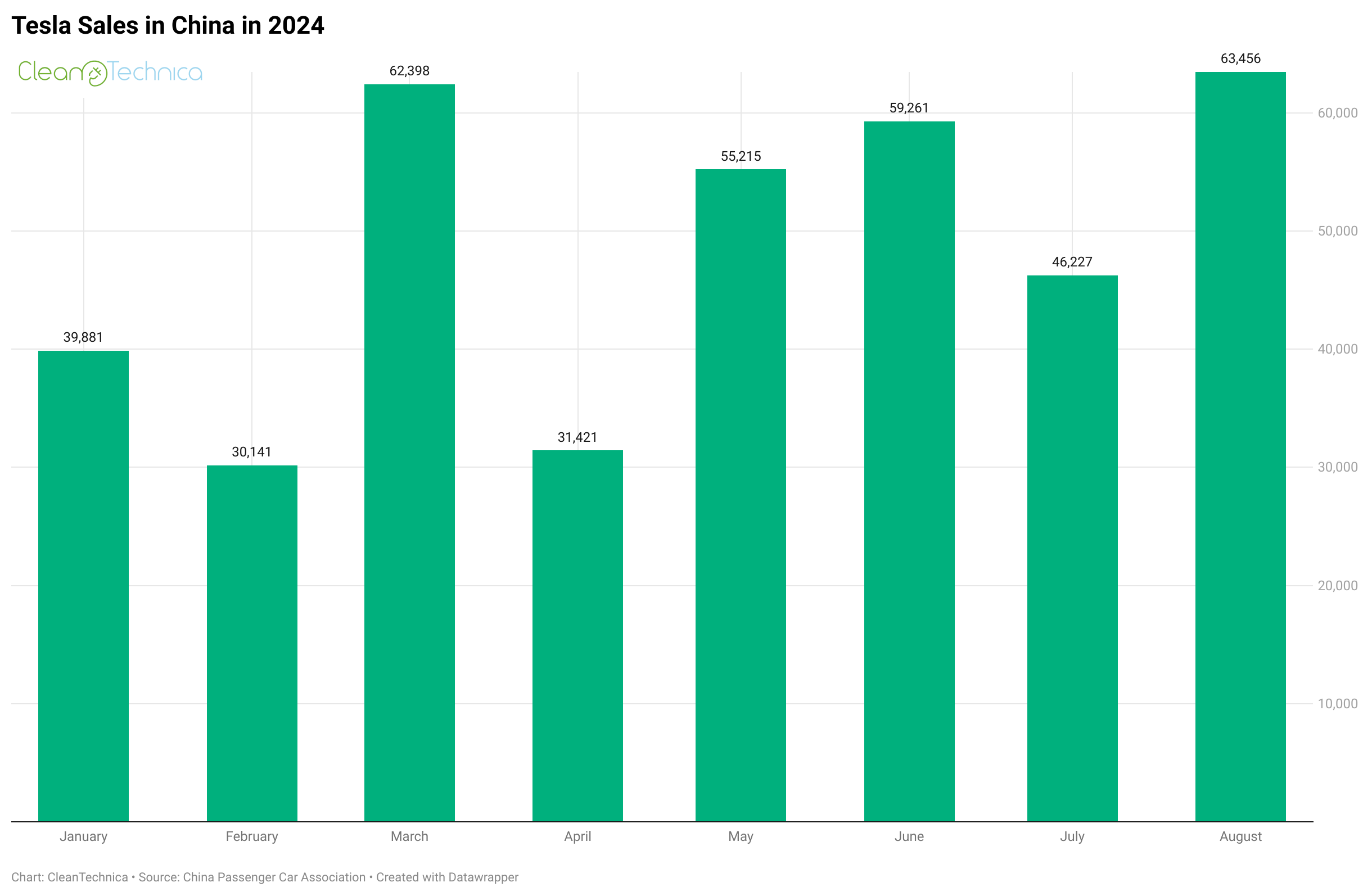Sign up for daily news updates from CleanTechnica on email. Or follow us on Google News!
Headlines out of Canada are making palms meet faces around the world. In Canada, the faces are often red with embarrassment about other Canadian’s actions. Other faces are red with anger. But it’s all theatrics during the inevitable dissolution of the oil sands.
What are the headlines?
What triggered this spate of digital ink? At its recent annual general meeting, Alberta’s United Conservative Party (UCP) passed Resolution 12, which redefines carbon dioxide (CO₂) as a “foundational nutrient for all life on Earth” and removes its designation as a pollutant. The resolution also calls for abandoning the province’s net-zero emissions targets.
Yes, Alberta, home to the oil sands, most of which must stay as a mix of grit and tar in order for global climate targets to be reached, has just seen the conservative party which is in power vote to make climate change denial the official policy of the right in the province.
This isn’t a fluke that the party is in power. Conservatives have held power in the province for most of the past 60 years, with only a brief and blessed period when the NDP held power and actual positive movement occurred for the first time. In that almost unbroken string of conservative reign, the province squandered its heritage fund on parties and sporting venues, letting their regulators, tax collectors and oil and gas royalty machines be captured by the oil and gas industry so that it would not be replenished.
The province allowed the oil and gas industry to orphan an absurd number of wells through shifting them into shell corporations which were sold to third parties which conveniently went bankrupt. The province collected pennies on the dollar for an orphaned well cleanup fund, leaving a $200 billion mess behind that inevitably Canada’s federal government will have to remediate at all Canadians’ expense.
Before this most recent auto-flagellation on the part of Alberta’s United Conservative Party, they had another spasm of climate change night sweats, one that led them to put a “pause” on renewables in the province. Blessed with excellent wind and solar resources and a massive expanse of land with few people on it, Alberta was following in Texas’ foot steps as an odd mecca of renewable development, one where the political rhetoric was against them, but they were ramping up rapidly regardless.
Unlike Texas, which continues to promote much the same drill baby drill mentality so pervasive in Alberta but embraces wind farms and solar panels and the cognitive dissonance that comes with them, Alberta chose ideology over cheap energy, and now has the most absurd restrictions on renewables on the continent. The burgeoning renewables revolution was kneecapped, and the investors of the future and global renewables firms walked away from the province.
In 2016, climate change destroyed Fort McMurray, the northern bedroom of the oil sands. A wildfire, exacerbated massively by a long-running, climate change-fueled, western drought, raged through the dry northern forests and through the town of 88,000, destroying 90% of it. The oil sands’ allure drew only 68,000 to return and rebuild.
Earlier this year in July, scenic Jasper, Alberta in the Rockies, a town where oil sands money went play, was destroyed by climate change-fueled wildfire, its verdant greenery turned to ash. The town of 5,000 was host to another 20,000 vacationers enjoying the jutting mountains, the national park, the waterfalls, the elk and the dwindling glaciers at the time of the fire. All were evacuated. 30% to 50% of the town is simply gone.
Like Lytton, in neighboring British Columbia, a town many oil sands executives and workers passed through on their way too and from spending their bonuses and salaries in Vancouver, Whistler and Kelowna, it’s going to be a years-long recovery. Lytton was destroyed entirely by climate change-fueled wildfire in 2021, and the town of 2,000 has only recently issued permits for reconstruction of a few of the buildings destroyed three years ago. Many of the displaced simply won’t return, the reality of unplanned retreat from climate risks. Jasper may never be the same, losing revenue as oil sands money simply parties somewhere else for the next few years, and then losing revenue as the oil sands party winds to its inevitable and looming end.
And now, this. Actually making climate change denial the official policy of the right in the province. The CO2 Coalition, an organization that promotes the view of carbon dioxide as beneficial, appears to have influenced Resolution 12. During the UCP’s annual general meeting, a member advocating for the resolution cited the CO2 Coalition, stating that “higher CO₂ levels have led to healthier crops and improved food security worldwide.” This reference suggests that the CO2 Coalition’s materials and messaging contributed to shaping the arguments and rationale behind the UCP’s decision to reclassify CO₂ and abandon net-zero emission targets.
The US-based Coalition must be squirming in their dampened seats in excitement at having the home of the oil sands not just be a hot bed of interest in their antediluvian, a-scientific perspective, but actually changing the official policy of the ruling party. I’m sure that gasoline soaked paper bags were being passed around at what passes for the Coalition’s headquarters, huffing cancer-causing hydrocarbons clearly being their drug of choice.
But while it’s mind-boggling, embarrassing and infuriating that a Canadian provincial party, and not a fringe party but the one actually running the province, could make climate change denial its official policy, it’s completely immaterial. It will have exactly zero impact on climate change and cause exactly no changes in the fate of the province.
The world is at peak fossil fuel demand this decade, and likely this year. Peak gasoline in China was announced by Sinopec in 2023, following peak gasoline in the USA and Europe. Peak diesel too. Peak natural gas for electrical generation. This past quarter, China suffered heat waves and electricity demand for air conditioning went through the roof, but more coal wasn’t burned and hydro hadn’t fully recovered from the dry years. Instead, the massive amount of solar energy deployed this year ate the demand like popcorn, signaling the end of coal’s growth. Only 10% of the number of coal plants permitted in the first half of 2023 were permitted in the first half of 2024 in the world’s largest coal powered country. New coal fired steel plants were banned, with the country pivoting to electric arc furnaces.
China’s citizens taken high speed electric rail between its wide flung cities in the land mass the size of the United States or Europe much more than they fly, and more high speed rail is being built to finish the web of connections. China’s citizens live in modern cities with fully electric subways and regional rail, fully electrified bus systems, ride on swarms of electric scooters and buy almost entirely electric cars. The country has a cash for junkers program, where the junkers are internal combustion cars of any age, as long as they are scrapped and a new electric car purchased. Three and four year old gasoline powered cars from European manufacturers are streaming into massive yards where they are crushed and fed into electric arc furnaces to make heat pumps for the domestic and international markets.
China’s fossil demand peak will not be followed by a long plateau, but an abrupt decline, as they have decarbonized so much of their economy. Further, the developing world is leapfrogging the archaic, fossil-fuel powered economy of the west. African countries are buying 12,000 electric buses. India’s three-wheelers are pivoting to electric at an incredible rate. The world’s scooters, so often seen with families and cargo rolling precarious on two wheels in the Instagram feeds of affluent western backpackers, are rapidly becoming electric.
The decline of oil will be slower than many would like. An industry of that scale will not go quietly into that good night, nor can it disappear quickly without consequences that are also to be avoided. But it will decline.
And that decline will be felt in Alberta faster than in most other places. Its product is both heavy and sour, full of low-quality and low-value bitumen, the tar that does not flow, and full of sulfur which must be removed. Its quality discount is already high against the light, sweet crudes of the Permian Basin, and as the industry is required to clean up its own emissions, the quality discount will rise.
That’s because cleaning up and cracking useful products out of the sulfur-laden tar requires hydrogen, far more than is required for sweet, light crude, about 7.7 kilograms per barrel. Blue hydrogen or — FSM forefend — green hydrogen will always be more expensive than the black hydrogen they currently use, blasting the carbon dioxide from its manufacturing into the sky unabated. The quality discount will rise just as global demand declines. The markets will simply not bother to buy Alberta’s products and the $34 billion expansion of the Trans Mountain pipeline will run dry.
And so, this latest terror-filled scream from Alberta’s conservatives, a committee of quivering, oil-soaked mice voting to bell the ravening climate change cat.
It is a tale
Told by an idiot, full of sound and fury,
Signifying nothing.
– Macbeth, William Shakespeare

Chip in a few dollars a month to help support independent cleantech coverage that helps to accelerate the cleantech revolution!
Have a tip for CleanTechnica? Want to advertise? Want to suggest a guest for our CleanTech Talk podcast? Contact us here.
Sign up for our daily newsletter for 15 new cleantech stories a day. Or sign up for our weekly one if daily is too frequent.
CleanTechnica uses affiliate links. See our policy here.
CleanTechnica’s Comment Policy




